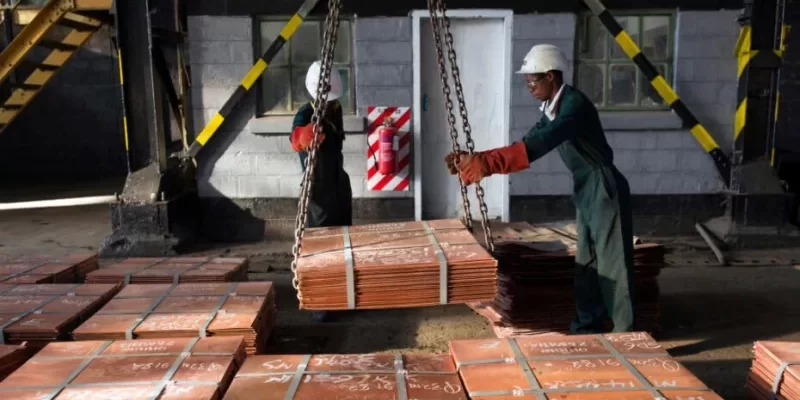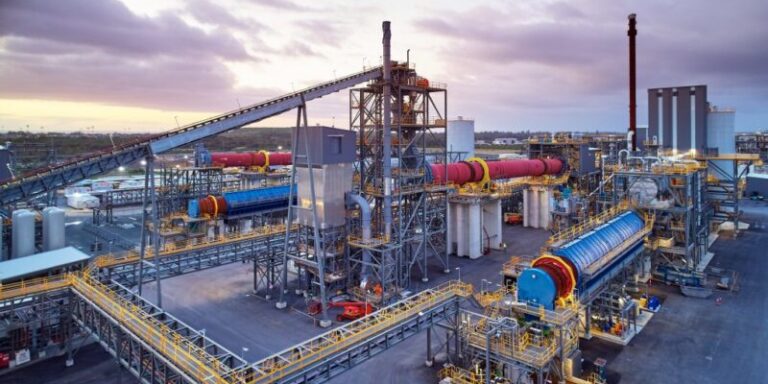
Saudi Arabia’s Manara Minerals is close to finalizing a deal to acquire a minority stake in First Quantum Minerals’ Zambian copper and nickel assets, sources familiar with the matter told Reuters.
Manara, a joint venture between Saudi mining company Ma’aden and the $925-billion Public Investment Fund, is in advanced discussions to purchase a 15% to 20% equity share in the Zambian operations. The stake is estimated to be worth between $1.5 billion and $2 billion.
First Quantum’s sale of the stake is expected to be completed by year-end, though there are no guarantees as negotiations continue. Both First Quantum and Manara declined to comment on the ongoing discussions.
The deal is significant as copper is vital for the clean energy transition, being used extensively in electric vehicle production and AI-powered data centers.
First Quantum has been exploring partial stake sales in its Zambian mines, including the Kansanshi and Sentinel copper mines, and the Enterprise nickel mine, to raise capital and reduce debt after the forced shutdown of its flagship Cobre Panama mine last year.
Manara has emerged as the leading bidder, aligning with First Quantum’s goal to retain majority control of the mines.
The Zambian mines contributed $1.08 billion to First Quantum’s revenue in the second quarter of this year. ZCCM-IH, Zambia’s state-owned company, holds a 20% stake in Kansanshi.
First Quantum plans to invest $1.3 billion over the next five years to increase copper production at Kansanshi, targeting an output of 277,000 tons per year by 2033, up from 130,000 tons in 2023.
The potential deal is part of Saudi Arabia’s broader strategy to secure key minerals such as copper, nickel, and lithium, as the kingdom pushes to become a hub for battery and electric vehicle manufacturing.
Manara is also in talks to invest in Pakistan’s Reko Diq copper mine, currently under development by Barrick Gold and Pakistani state entities.
Analysts expect copper prices to continue rising, potentially surpassing $10,000 per ton by 2025, driven by a widening supply gap.





